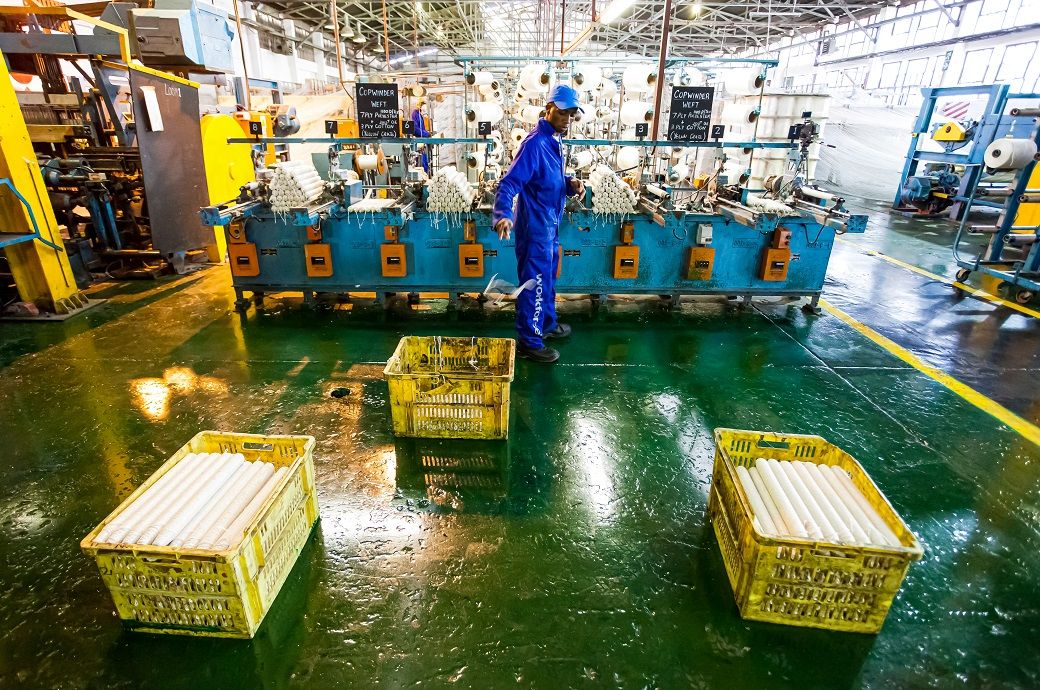
AGOA is credited with supporting hundreds of thousands of jobs in these countries.
African exporters in textiles, garments, agriculture, raw materials, diamonds, precious metals, rare earths and many other sectors will lose the competitive advantage in smoothly penetrating the American market.
Kenya’s exports to the United States grew from about $110 million in 2000 to approximately $570 million by 2020 under AGOA benefits. The East Africa nation has been a leading exporter of textiles and apparel, which constitute more than 90 per cent of its exports under AGOA.
African governments and investors have been lobbying for a one- or two-year extension of the AGOA after efforts to secure a longer-term renewal did not make it to a vote in Congress.
Since coming to office in January this year, the Donald Trump administration is yet to publicly state a position on the AGOA, a law first passed in 2000 under President Bill Clinton to provide duty-free access to the US market for thousands of products.
The impact of AGOA has been diluted by the bilateral tariffs Trump introduced in August that exposed products once exported duty-free under AGOA to US import taxes between 10 per cent and 30 per cent.
Achievements and growth of a quarter century under the act might be lost if it is not renewed.
Some African economists, however, see the end of AGOA as an opportunity for a new beginning.
ALCHEMPro News Desk (DS)
Receive daily prices and market insights straight to your inbox. Subscribe to AlchemPro Weekly!